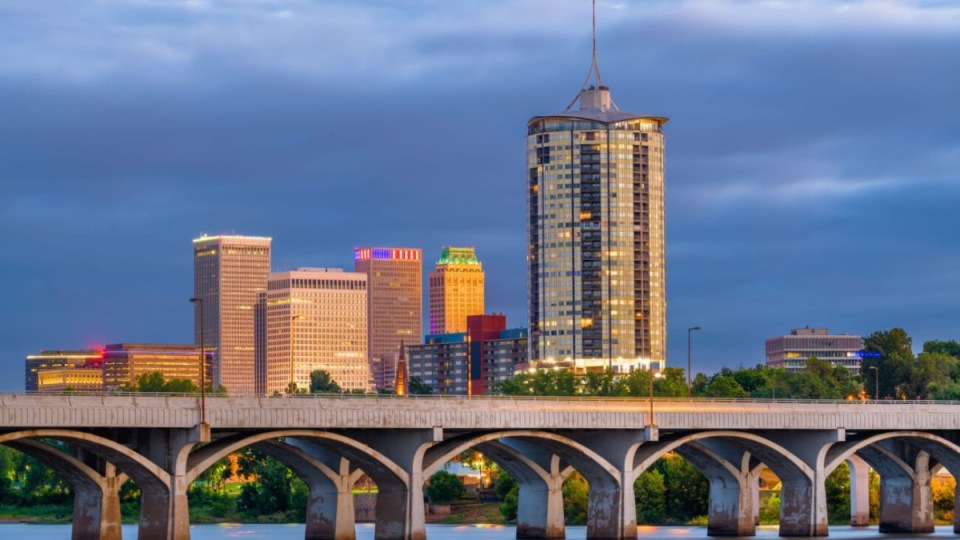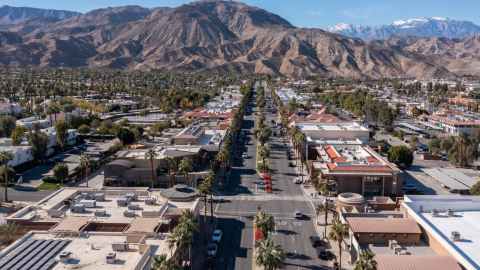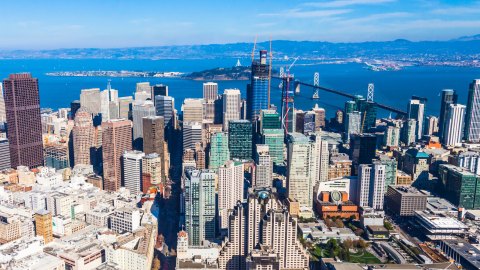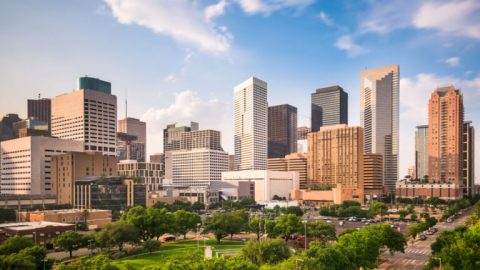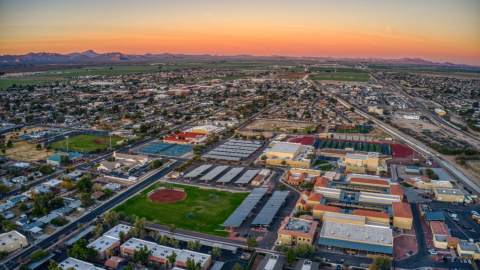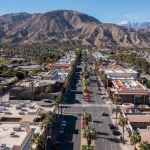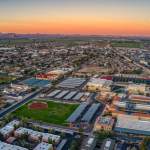Mohr Capital Expands in Tulsa with Its Largest Ever Retail Deal
Dallas-based commercial real estate investment firm Mohr Capital recently announced a significant expansion into the Tulsa, Okla., market, with its largest retail transaction to date — the acquisition of 20 acres of land for the Tulsa Marketplace development.
Located at the northwest corner of West 71st Street and South Elwood Avenue, Tulsa Marketplace is slated to add 50,000 square feet of retail space in Tulsa. With completion expected in Q1 2024, the project is a build-to-suit for REI, which will be the anchor tenant in the shopping center. This marks the specialty outdoor retailer’s second location in Oklahoma.
“The end of 2022 proved very successful for Mohr’s retail team and we are continuing that momentum into 2023,” said Mohr Capital Director of Retail Investments and Acquisitions, Rob Solls. “We are excited about our first shopping center development in Tulsa and look forward to continuing to add to our expanding portfolio.”
While Tulsa storefronts also suffered from the significant reduction in foot traffic during the first year of the COVID-19 pandemic, the city took that time to promote its advantages and even launched a program designed to enhance the city’s diversity and community: “Tulsa Remote” provided financial bonuses to incentivize remote workers to relocate. Confidently investing in and advertising its growth potential has likely contributed greatly to the local retail scene bouncing back strong throughout the city.
Tulsa Looks to Promising Future with Build Back Better Boost
Since the early 1900s (when it was recognized as the oil capital of the world), Tulsa has nurtured an increasingly diverse economic base. Nowadays, it’s home to a variety of industries, including energy, finance, aviation, telecommunications, and technology.
Notably, the city’s central U.S. location and operating costs that are well below the national average have contributed greatly to its gradually increasing appeal throughout the years, making it attractive to both new businesses and new residents. In fact, in 2021, U.S. Census Bureau data showed that the greater Tulsa metro area had exceeded 1 million residents for the first time. Moreover, a 2022 study by CommercialCafe found that regional affordability made Tulsa a contender among the best U.S. cities for Gen Z.
What’s more, the city was also ranked among the best in the nation for progress in urban sustainability. Specifically, Tulsa stood out for its impressive growth in environmentally focused occupations, largely due to programs such as Oklahoma State University’s Professional Science Master’s Program in Environmental Management. The first initiative of its kind in the state, it prepares graduates for industries that improve sustainability, reduce waste, save costs, and comply with environmentally focused regulations — all of which are highly relevant both now and in the future.
Meanwhile, as the city marks the 125th year since its incorporation, it’s also worth noting the major boost it recently earned: Last September, the Biden administration and the U.S. Economic Development Administration (EDA) announced that the Tulsa Regional Advanced Mobility (TRAM) Corridor was one of 21 winners of the $1 billion Build Back Better Regional Challenge. Specifically, the TRAM Corridor project, led by the Indian Nations Council of Governments (INCOG), received a grant of nearly $39 million.
With these funds, a Tulsa-based coalition of organizations from the government, nonprofits, academia, and private sectors — including the Indian Nations Council of Governments and Tulsa Innovation Labs — set out to cultivate a diverse hub for research, development and production in the advanced mobility (AM) industry. This is estimated to generate 30,000 to 40,000 jobs during its first two to three years, which is the equivalent of $3.5 to $5 billion in economic activity.
Plus, the projects that will be created through the TRAM Corridor are intentionally designed to address economic disparities, particularly among the tribal, Black, and minority populations in and around the Tulsa region.
“Oklahoma State University is the state’s leader in aerospace and aviation, with specialized infrastructure dedicated to the research and design of unmanned systems,” said Oklahoma State University President, Dr. Kayse Shrum. “As a land-grant university, we’re committed to using research to address society’s most pressing problems, empowering Oklahoma’s workforce and providing access to a quality education.”
“This honor from the White House affirms Tulsa Innovation Lab’s vision for tech-led economic growth and Tulsa’s right to win in advanced mobility,” said Jennifer Hankins, head of partnerships for Tulsa Innovation Labs. “This is an important step towards realizing our vision and transforming Tulsa into an inclusive, thriving city of the future.”
Tulsa is uniquely positioned to build the TRAM Corridor due to its long-standing legacy in the industries of aerospace; oil and gas; and manufacturing. Projects already proposed to attract and support growth in the advanced mobility space in Tulsa include a dedicated focus on increasing the skilled workforce throughout the region by funding certificate programs, degree programs, and apprenticeships.

